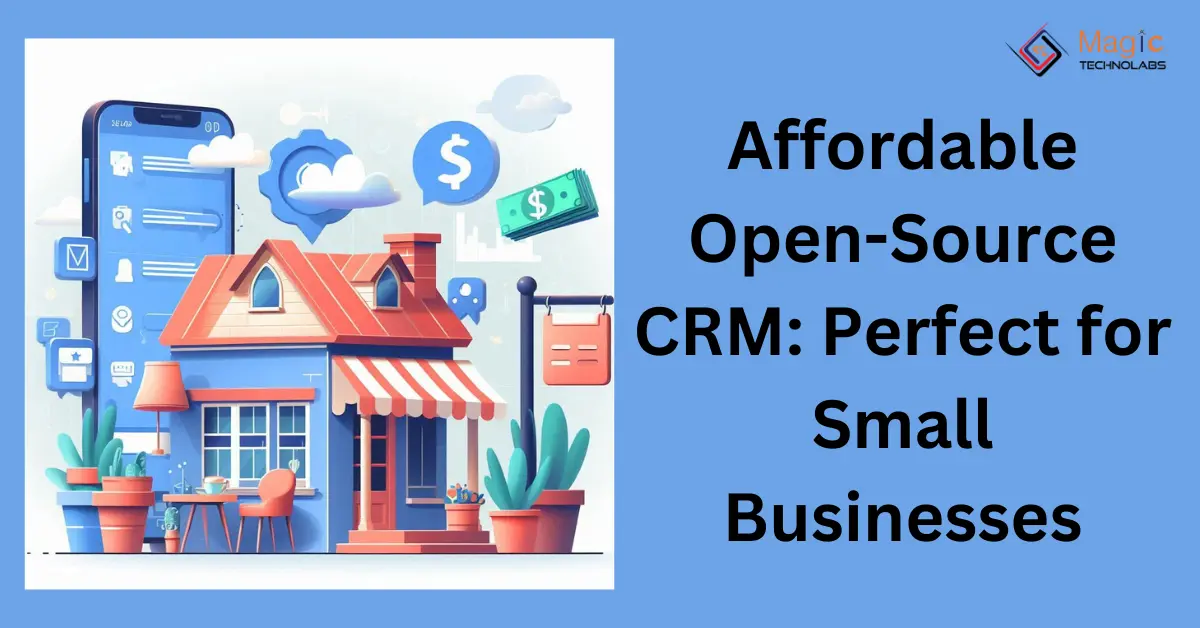Do you run a small business and you’re interested in ways to cut cost, increase efficiency and manage your clients better? Look no further! Open source real time CRM solutions are available in the market with pocket friendly prices suitable for your business.
Why Choose Open-Source CRM?
Cost-Effective: Licensing cost of open source CRM software or for that matter most software solutions is significantly lower than that of traditional or closed source ones. This means that one can access high end features are just as low cost as those of low end devices.
Customization: One of the main benefits with choosing open-source CRM is that you can easily adapt the software based on your own business. No more being bound by the fact that the solution out there provided for their needs is the only one that is available.
Community Support: The use of opens source software has the advantage of involving developer as well as user base that can offer support and even help in development of the software.
Scalability: With time, changes come with your growth and this means that CRM needs of any business will as well change. Working with open-source solutions is lucrative for the fact that they are fairly flexible, and this flexibility can be easily extended in line with the growth of your operations.
Exploring the Best Open-Source CRM Solutions for Small Organization
Sugar CRM: A versatile choice with which the user can be very creative.
Suite CRM: Basically it is extended version of Sugar CRM which have similar features with extra added options.
Vtiger CRM: It’s an outstanding CRM tool with the emphasis on the sales automation and marketing aspects.
Odoo: A full integrated business applications package which encompasses CRM and is fully configurable to suit your business.
How to Choose the Right Open-Source CRM.
When selecting an open-source CRM, consider the following factors:
Features: Are all the necessary elements present in the CRM, such as database of contacts, sales funnel, and customer support?
Ease of Use: Can the usability of the software be easily adoptable by the employees of your organization?
Integration: Can the CRM work well with other programs you employ within your enterprise, e.g. email, calendar, and accounting tools?
Community Support: Is there is a dedicated community with active users of the CRM and from where I can get help if required?
When you decide to implement an effective and cheap open-source CRM, you will be able to achieve the primary business goals, such as optimizing your processes, enhancing the level of customer satisfaction, and expanding the scale of your company’s business. Well then, what do you waits for? It is time to start looking for solutions for your business and unveil the potential of open source CRM!
















